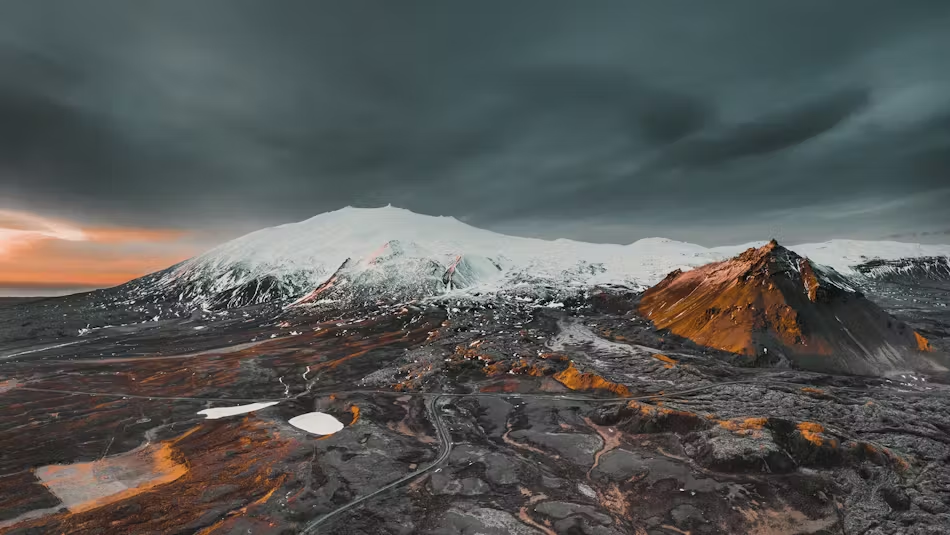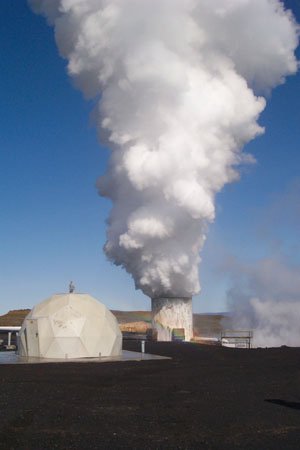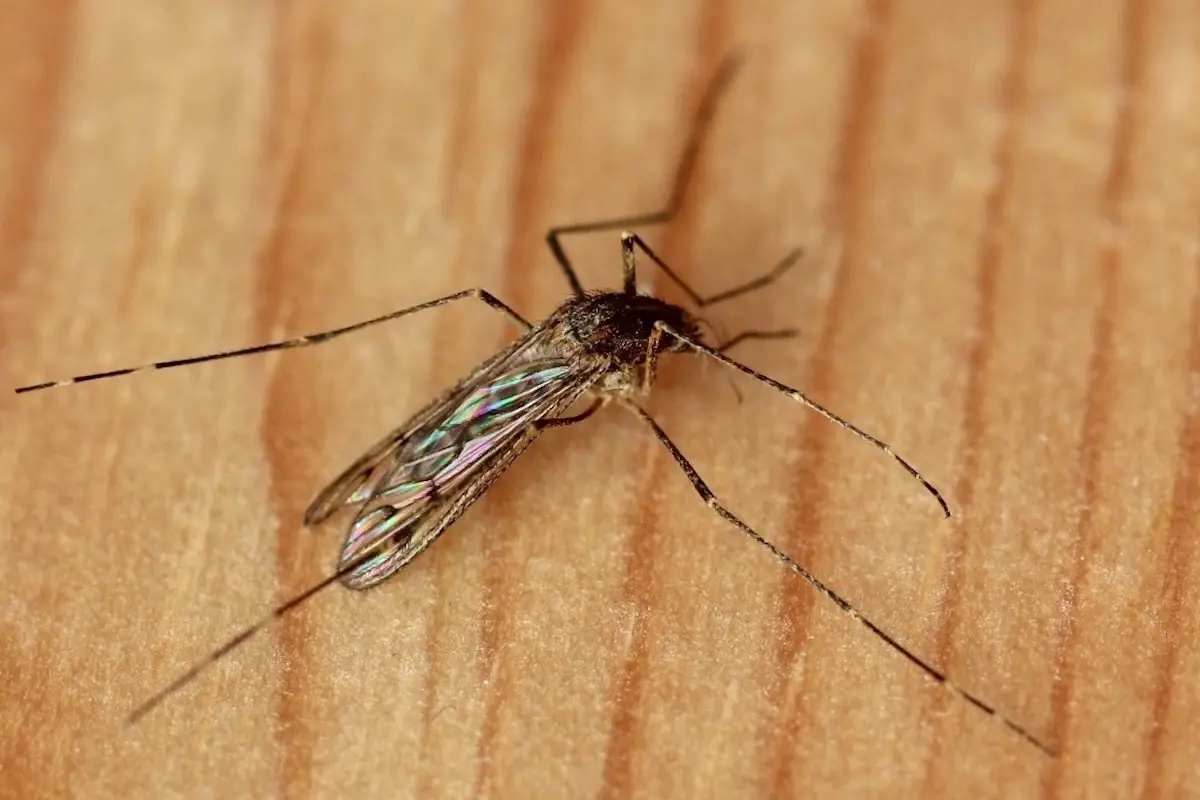Culiseta annulata, a mosquito species recently discovered in Iceland./PC:AFROBRAZILIAN via Wikipedia.
After centuries of being famously mosquito-free, Icelandic scientists have confirmed the country’s first outdoor mosquitoes, a discovery sparking both curiosity and concern about how a warming climate is reshaping life at the top of the world.
By Gina Hill | October 21, 2025 | Alaska Headline Living

For generations, Icelanders could brag about something few others could: no mosquitoes.
In a world swarmed by the tiny, whining insects, Iceland’s cold, unpredictable climate had kept them out … until now.
Earlier this month, that changed.
Three mosquitoes were captured near Kiðafell in West Iceland by local nature enthusiast Björn Hjaltason, who posted his find to an Icelandic insect group online. The specimens were soon verified by the Icelandic Institute of Natural History as Culiseta annulata, a hardy, cold-tolerant species common in northern Europe.
“It’s an extraordinary discovery,” said entomologist Matthías Alfreðsson, who examined the insects for the Institute. “This species is capable of surviving in colder climates by sheltering indoors or in animal sheds through the winter. Finding it here for the first time is a genuine milestone.”
From “Mosquito-Free” to “Mosquito-Found”
For centuries, Iceland’s unique freeze-thaw rhythm kept mosquito life cycles impossible. Sudden winter thaws would melt surface ice, encouraging eggs to hatch, only for a deep freeze to follow, killing larvae before they matured.

That natural rhythm made the island inhospitable to the world’s most adaptable insects.
But as Iceland’s average temperatures have climbed more than 3.6°F since 1900, that barrier may be weakening.
“Even small increases in temperature stability can allow certain species to complete their life cycles,” said Dr. Hildur Sigurðardóttir, a biologist at the University of Iceland who studies climate impacts on Arctic ecosystems. “Culiseta annulata is a tough mosquito. If any species could break Iceland’s barrier, it’s this one.”
What Makes Culiseta annulata Different
Unlike tropical mosquitoes that thrive in heat and waterlogged environments, Culiseta annulata is a cool-weather specialist.
It can hibernate as an adult during long winters, waiting for spring in barns, sheds, or basements. That ability, scientists say, gives it a survival edge in countries like Norway, Scotland … and possibly now, Iceland.
The species does not carry tropical diseases such as dengue or Zika, but its appearance raises new ecological questions:
- Could it disrupt local food webs?
- Are there standing water sites suitable for breeding?
- Could other, more dangerous mosquito species follow as temperatures rise further?
“These are small insects, but they tell a big story about environmental change,” Dr. Sigurðardóttir said.
A Sign of What’s to Come?
The discovery has turned Iceland’s reputation for “no mosquitoes” into a climate-change case study.
While the island’s air remains crisp and its lakes still largely frozen for months, the mere presence of a few living mosquitoes suggests that the Arctic’s biological frontiers are shifting faster than many expected.
Researchers are now setting traps around Reykjavík and the western fjords to find out whether a breeding populationexists, or if these were just a few hitchhikers blown in from the continent.
Either way, the message is clear: even the world’s most pristine ecosystems are not immune to subtle, sweeping change.
For now, the find remains a scientific marvel. And perhaps a warning buzz on the wind. 🦟
Sources: Icelandic Institute of Natural History; University of Iceland; RÚV (Icelandic National Broadcasting Service); Iceland Review; Dipterists Forum, UK.





